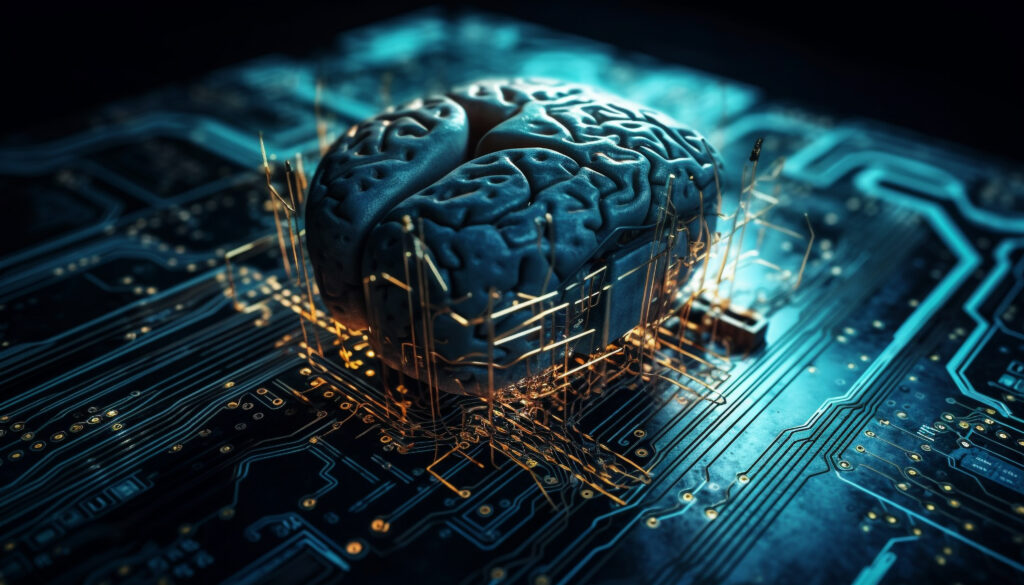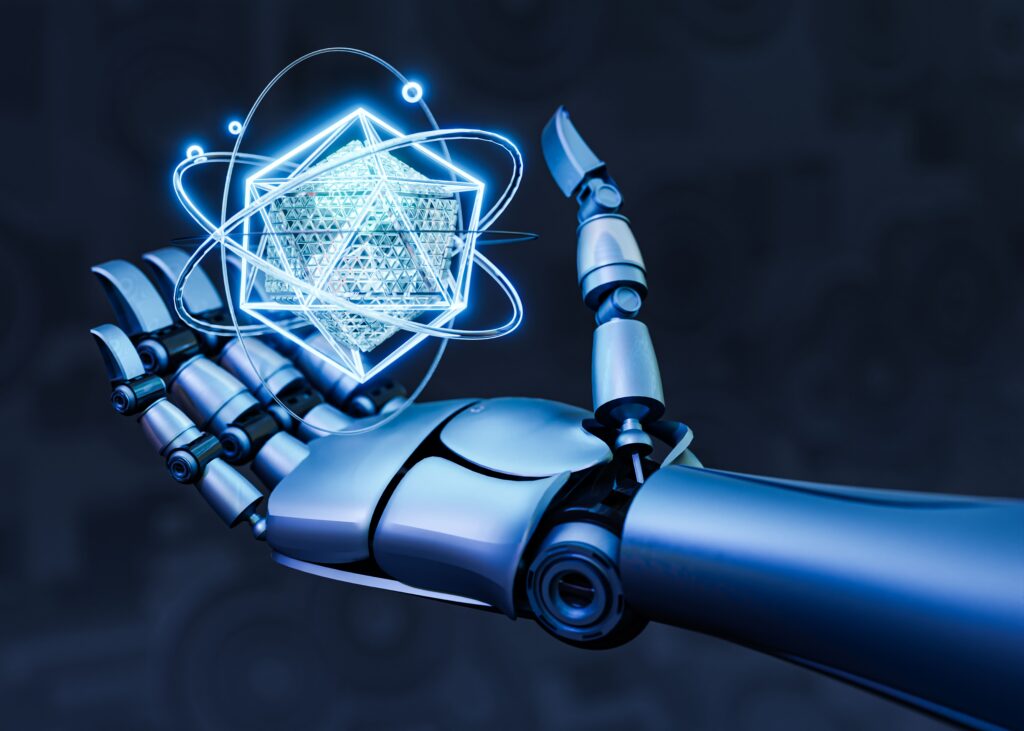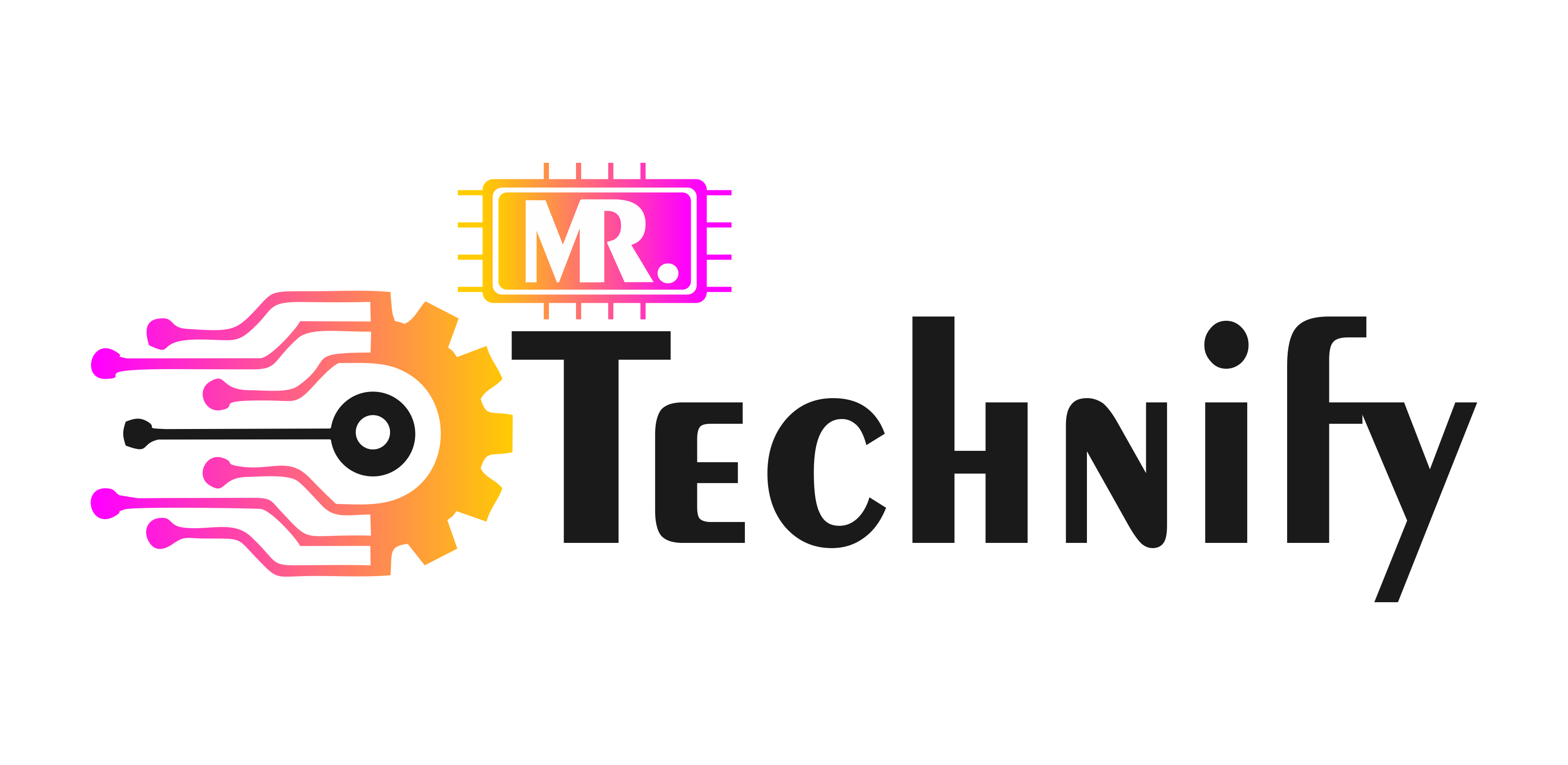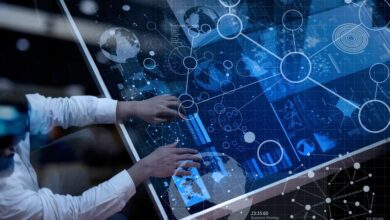Defining Machine Learning(ML)
Let’s kick things off by getting everyone on the same page, shall we? A system may learn from data rather than through explicit programming thanks to machine learning, a branch of artificial intelligence (AI). However, don’t just believe what we say—ever noticed how Netflix always seems to know what movie you’d love to watch next? That’s ML at work!

The Origins of Machine Learning
-
The Birth of ML
ML has been a concept for some time. “machine learning” was initially coined in 1959 by IBM employee and pioneer of artificial intelligence Arthur Samuel.
-
Notable Developments
Shocking changes have occurred during the start of the twenty-first century. ML rapidly shapes our daily lives, from self-driving vehicles to voice assistants like Alexa and Siri.
Types of ML
-
Supervised Learning
Picture a teacher supervising a student—that’s how managed learning works. It uses labeled data to predict outcomes. It’s like feeding your computer a spicy food recipe, and then it knows how to whip up a spicy dish independently.
-
Unsupervised Learning
It becomes much more fun from here on out. In unsupervised learning, the model discovers patterns and correlations while learning from unlabeled data. It’s akin to giving your computer a basket of fruits, and it, not knowing what each fruit is, organizes them based on similarities like size, shape, or color.
-
Reinforcement Learning
Have you ever heard of the phrase “trial and error”?? That’s reinforcement learning in a nutshell. It’s all about learning from past actions and making better decisions in the future. Picture a chess-playing computer program that learns from its moves to improve its game—that’s reinforcement learning in action.
Real-world Applications of Machine Learning
-
In Healthcare
ML revolutionizes healthcare, from predicting disease outbreaks to personalizing patient care. It’s like having a super-smart doctor who never sleeps!
-
In Business and Finance
ML is a game-changer in business and finance, from predicting stock market trends to customer behavior. It’s like having a crystal ball but backed by data and science.
-
In Entertainment
ML is reshaping the entertainment industry from content recommendations on Netflix to creating deep fake videos. It’s like having a personal assistant that knows your taste in movies, music, and more!
-
The Impact of ML on Society
ML has significant societal implications, from influencing election outcomes to enabling facial recognition technology. It’s like having a superpower, but one that needs to be used responsibly.
The Future of ML
-
Opportunities and Challenges
ML presents both exciting opportunities and serious challenges. While it can potentially transform various industries, privacy, security, and ethics issues, need careful consideration. The sensation is akin to standing on the brink of unknown territories, filled with excitement and risk.
Final Thoughts
More than just a passing technical fad, ML is a crucial innovation engine influencing our future. It is changing how people work, play, and live in various industries, including healthcare and entertainment, work, and play. It’s like entering a science fiction film, but it’s occurring now.
Ready to embark on your machine-learning journey? Remember, knowledge is power—and the future is here.
FAQs for Machine Learning
What are the types of machine learning?
The main types are supervised learning, unsupervised learning, and reinforcement learning.
How is machine learning used in real-world applications?
It is used in healthcare for predicting diseases, in business for predicting market trends, and in entertainment for content recommendations.
What are the societal implications of machine learning?
Machine learning can influence election outcomes and raise concerns about privacy and ethics.
What are the future opportunities and challenges of machine learning?
Machine learning presents opportunities for industry transformation but also requires careful consideration of privacy, security, and ethics.




